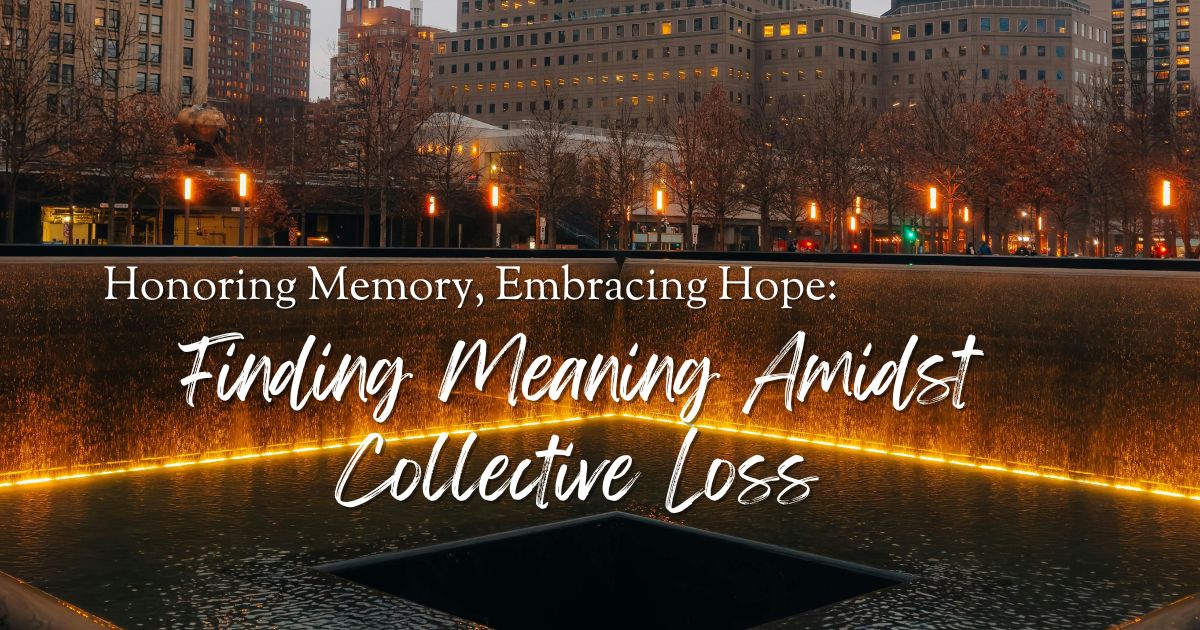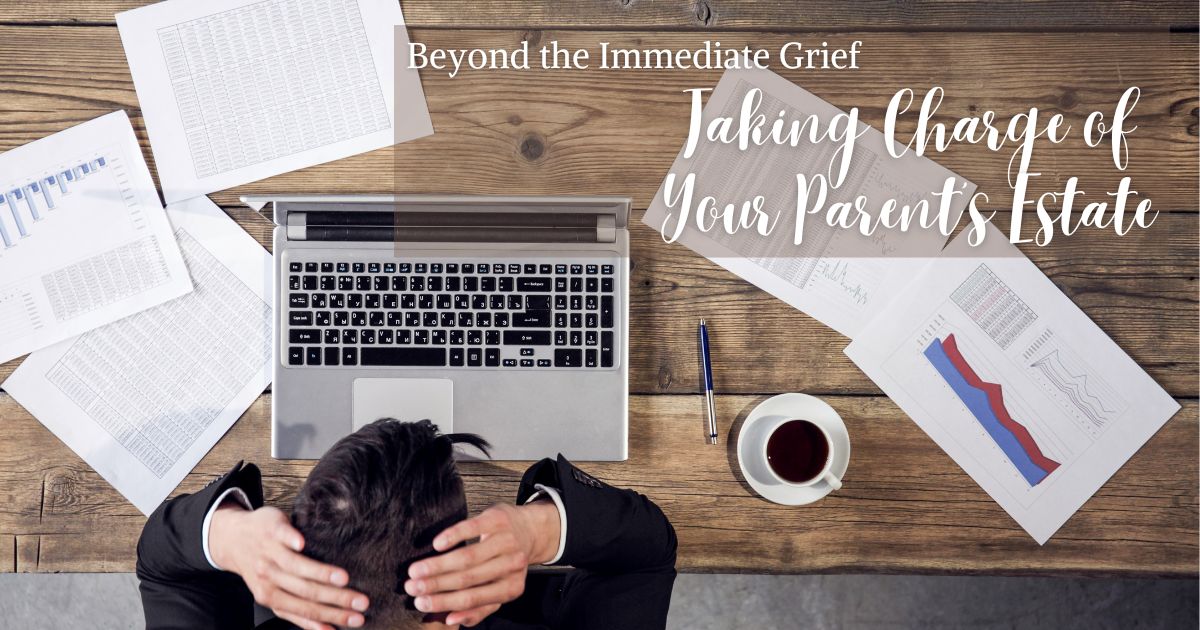
Every year, as the calendar turns to September, the weight of memory returns. For those who lived through the events of September 11, 2001—and for generations that followed—the day carries a unique kind of grief. It is a sorrow that belongs not just to individuals, but to an entire nation, a shared wound that binds strangers in remembrance.
Grief on this scale is different. It is public and private all at once. We mourn the lives lost, the families forever changed, and the innocence shattered. But we also mourn collectively—the way the world shifted, the way we ourselves were altered. In the face of such loss, how do we honor the past while still moving forward? How do we carry memory without being crushed by its weight?
The Dual Nature of Collective Grief
Shared tragedy creates a paradox: it isolates and unites us at the same time. You may feel alone in your sorrow, even as ceremonies, memorials, and news coverage remind you that millions grieve alongside you. This is normal. Grief is always personal, even when the loss is communal.
-
It’s okay if anniversaries affect you deeply. Dates like 9/11 can resurface emotions you thought had settled.
-
Your grief doesn’t need to look like anyone else’s. Some find solace in public memorials; others need quiet reflection.
-
Hope and sorrow can coexist. Healing doesn’t mean forgetting—it means finding ways to live meaningfully with the loss.
Rituals That Honor and Heal
One of the most powerful ways to navigate collective grief is through ritual. Rituals give shape to pain, offering tangible ways to remember and reflect.
-
Light a candle. Fire has long symbolized memory and continuity. A simple flame can be a private moment of connection.
-
Visit a memorial. Whether at Ground Zero, a local tribute, or even a quiet place in nature, physical spaces can help contain grief.
-
Tell stories. Sharing memories—of those lost, of where you were that day, of how life changed—keeps legacies alive.
Finding Hope in the Aftermath
The years since 9/11 have shown us that resilience is not about "moving on" but about carrying forward. The best tributes to those we’ve lost are often the acts of kindness, courage, and unity that followed.
-
Look for the helpers. In tragedy, we also witness humanity’s best—first responders, volunteers, strangers who became heroes.
-
Channel grief into purpose. Many have turned loss into advocacy, charity, or careers in service to others.
-
Allow yourself to hope. The world changed that day, but it did not end. Beauty, love, and connection still endure.
A Legacy of Remembrance
Twenty-four years later, we continue to learn how to hold both sorrow and hope. The legacy of 9/11 is not just in what was taken, but in what was revealed—the strength of community, the power of memory, and the quiet, stubborn persistence of light in the darkness.
This September, as the memorials glow and the names are read once more, may we honor the past without being trapped by it. And may we find, in our shared humanity, a way forward—together.





